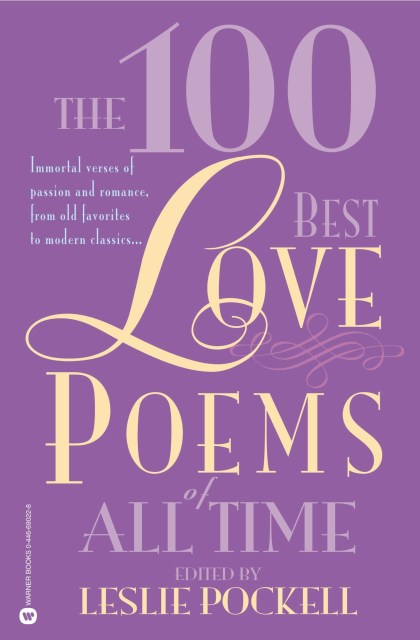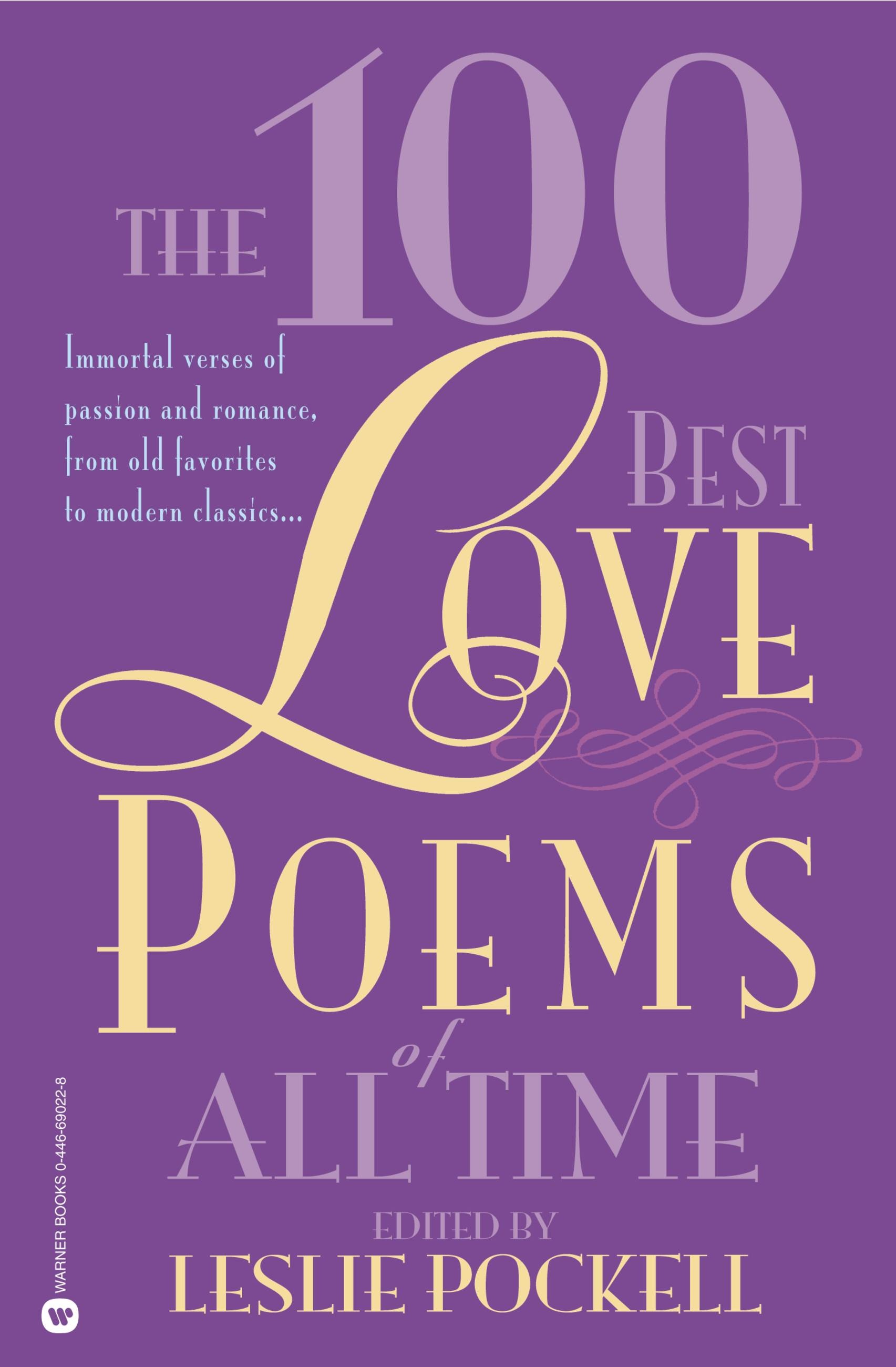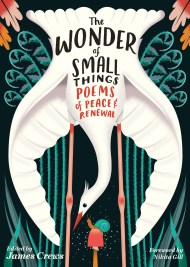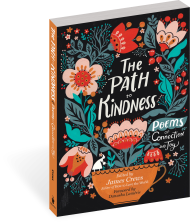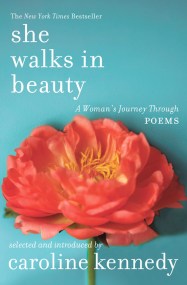Promotion
Use code MOM24 for 20% off site wide + free shipping over $45
The 100 Best Love Poems of All Time
Contributors
Formats and Prices
Price
$12.99Price
$16.99 CADFormat
Format:
- Trade Paperback $12.99 $16.99 CAD
- ebook $8.99 $10.99 CAD
This item is a preorder. Your payment method will be charged immediately, and the product is expected to ship on or around January 1, 2003. This date is subject to change due to shipping delays beyond our control.
Also available from:
Here in this portable treasury are the 100 most moving and memorable love poems of all time, each accompanied by an illuminating introduction.
Words of Love…and seduction, heartbreak, adoration, and passion. Revisit the Classics:
"He Is More Than a Hero" by Sappho Sonnet 18 ("Let Me Not to the Marriage of True Minds") by William Shakespeare "She Walks in Beauty" by Lord Byron Enjoy Old Favorites: "To My Dear and Loving Husband" by Anne Bradstreet "The Owl and the Pussycat" by Edward Lear "When I Was One and Twenty" by A. E. Housman Make Surprising Discoveries: "Your Catfish Friend" by Richard Brautigan "To Alice B. Toklas" by Gertrude Stein "Valentine" by Donald Hall "True Love" by Judith Viorst Carry this book wherever you go. It's a perfect companion to read alone or to share with that special person in your life. The 100 Best Love Poems of all Time.
Words of Love…and seduction, heartbreak, adoration, and passion. Revisit the Classics:
"He Is More Than a Hero" by Sappho Sonnet 18 ("Let Me Not to the Marriage of True Minds") by William Shakespeare "She Walks in Beauty" by Lord Byron Enjoy Old Favorites: "To My Dear and Loving Husband" by Anne Bradstreet "The Owl and the Pussycat" by Edward Lear "When I Was One and Twenty" by A. E. Housman Make Surprising Discoveries: "Your Catfish Friend" by Richard Brautigan "To Alice B. Toklas" by Gertrude Stein "Valentine" by Donald Hall "True Love" by Judith Viorst Carry this book wherever you go. It's a perfect companion to read alone or to share with that special person in your life. The 100 Best Love Poems of all Time.
Genre:
- On Sale
- Jan 1, 2003
- Page Count
- 144 pages
- Publisher
- Grand Central Publishing
- ISBN-13
- 9780446690225
Newsletter Signup
By clicking ‘Sign Up,’ I acknowledge that I have read and agree to Hachette Book Group’s Privacy Policy and Terms of Use
